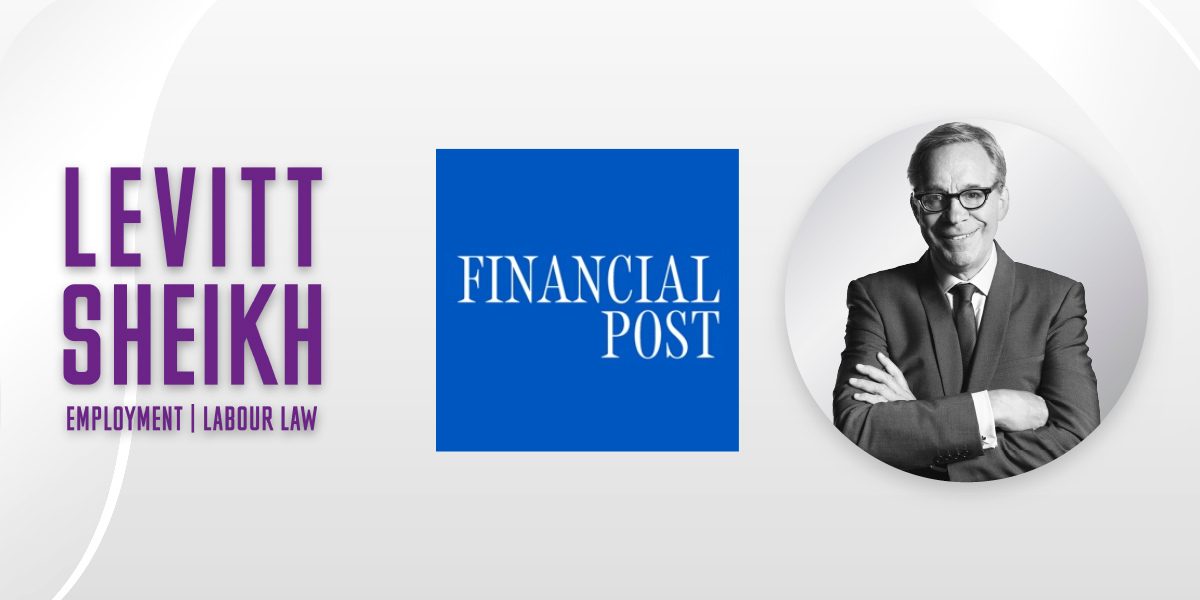Executive Summary
When public safety is weighed against the right to privacy, public safety wins.
This was confirmed by the Ontario Superior Court in the Seneca College case. The Justice Centre for Constitutional Freedoms, on behalf of four students, attempted to prohibit Seneca from implementing its mandatory vaccination policy on its campus via a motion for an injunction. The Justice Centre argued that the policy violated the Charter, that it was unlawful, and that the vaccine itself was not helpful in combating the newer Omicron variant. Dr. Byram Bridle was called as the Justice Centre’s “expert” on the subject, despite his being denounced by his colleagues and by academics more generally given his views on vaccinations.
Seneca was successful in defending the Justice Centre’s motion on every point. Justice Black, writing for the Court, noted that the policy imposes no coercive intrusion on bodily autonomy as no one is “forced” to get the vaccine. Importantly, Black reiterated that the Charter does not protect an individual’s economic interests when affected by an individual’s choice not to get vaccinated, and similarly, that the loss of a chosen career does not constitute irreparable harm – something that must be established to receive an injunction order. In short, four students being unable to finish their degrees was not found to amount to irreparable harm, and it certainly did not outweigh the public interest in maintaining a safe campus community.
To read the article in full, please click here.

